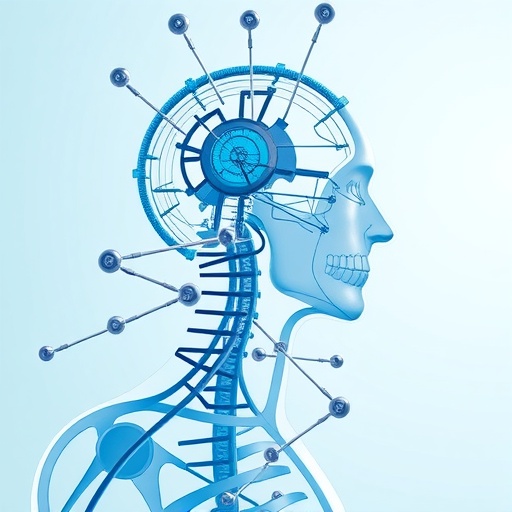In the rapidly evolving landscape of biomedical engineering, a profound transformation is underway. The increasing intersection of technology, medicine, and engineering is laying the foundation for unprecedented opportunities in healthcare. Consequently, there is a pressing need to equip the next generation of biomedical engineering graduates with a skill set that not only meets current demands but also anticipates the challenges of an ever-changing field. A recent study published by Lam, Hueck, and Rivera emphasizes the future-focused strategies necessary to prepare these graduates for the industry that lies ahead.
As the healthcare sector continues to navigate the complexities of modern technology, there is a growing concern about how educational institutions are adapting their curricula to address the demands of the future. The authors underscore that traditional approaches to biomedical engineering education may no longer suffice. Instead, a more interdisciplinary and forward-thinking approach is required to foster innovation and adaptability among students. This perspective aligns with the broader trend of integrating diverse fields such as artificial intelligence, biotechnology, and data science into biomedical engineering programs.
Moreover, Lam and colleagues delve into the essential competencies that need to be emphasized in educational programs. It is not just a matter of mastering technical skills, but also developing critical thinking, creativity, and effective communication. These competencies will empower graduates to collaborate across disciplines and solve complex problems that will inevitably arise in their careers. By fostering a holistic educational experience, institutions can produce graduates who are not only engineers but also innovators capable of driving the future of healthcare technology.
The study also highlights the significance of experiential learning opportunities, such as internships and industry partnerships. By engaging in real-world projects, students can gain hands-on experience, which is pivotal for reinforcing theoretical knowledge. Lam, Hueck, and Rivera argue that exposure to practical applications in clinical settings or industry laboratories can bridge the gap between education and real-world demands. This experiential approach is essential for cultivating the problem-solving mindset crucial for navigating the complexities of modern biomedical challenges.
Another critical aspect addressed in the study is the importance of continuous professional development. The rapid pace of technological advancement necessitates that biomedical engineers remain lifelong learners. Educational institutions must instill a culture of curiosity and self-driven learning, encouraging graduates to seek out ongoing training and skills enhancement throughout their careers. This commitment to lifelong learning not only benefits the individual but also enriches the entire field of biomedical engineering, promoting a workforce that is responsive to the evolving landscape.
Furthermore, the article explores the potential of incorporating emerging technologies into the educational framework. Innovations such as virtual reality, artificial intelligence, and machine learning are reshaping the way biomedical engineering problems are approached and solved. By integrating these technologies into the curriculum, educators can prepare students to leverage these tools effectively. The authors advocate for a curriculum that evolves alongside technological advancements, ensuring that graduates are not only familiar with the latest tools but also adept at applying them in innovative ways.
In addition to technical skills and emerging technologies, the study highlights the role of ethical considerations in biomedical engineering education. As new technologies emerge, so do ethical dilemmas concerning patient privacy, data security, and equitable access to healthcare. Lam and colleagues argue that embedding ethical discussions into the curriculum is paramount for cultivating professionals who not only excel in their technical abilities but are also sensitive to the societal implications of their work. This emphasis on ethics ensures that graduates are equipped to make informed decisions that prioritize patient welfare and social responsibility.
Equally important is the promotion of diversity and inclusion within the field of biomedical engineering. The authors stress that a diverse workforce brings a wealth of perspectives, fostering innovation and creativity. Therefore, educational programs must actively work to attract underrepresented groups and create an inclusive
Tags: adapting engineering education to industry needsbiomedical engineering education reformcompetencies for future biomedical engineersdata science in biomedical engineeringemerging technologies in healthcareevolution of biomedical engineering programsfostering innovation in biomedical engineeringfuture skills in healthcare technologyintegrating artificial intelligence in biomedical curriculainterdisciplinary approaches in biomedical engineeringpreparing graduates for healthcare challengestransforming healthcare through engineering education





